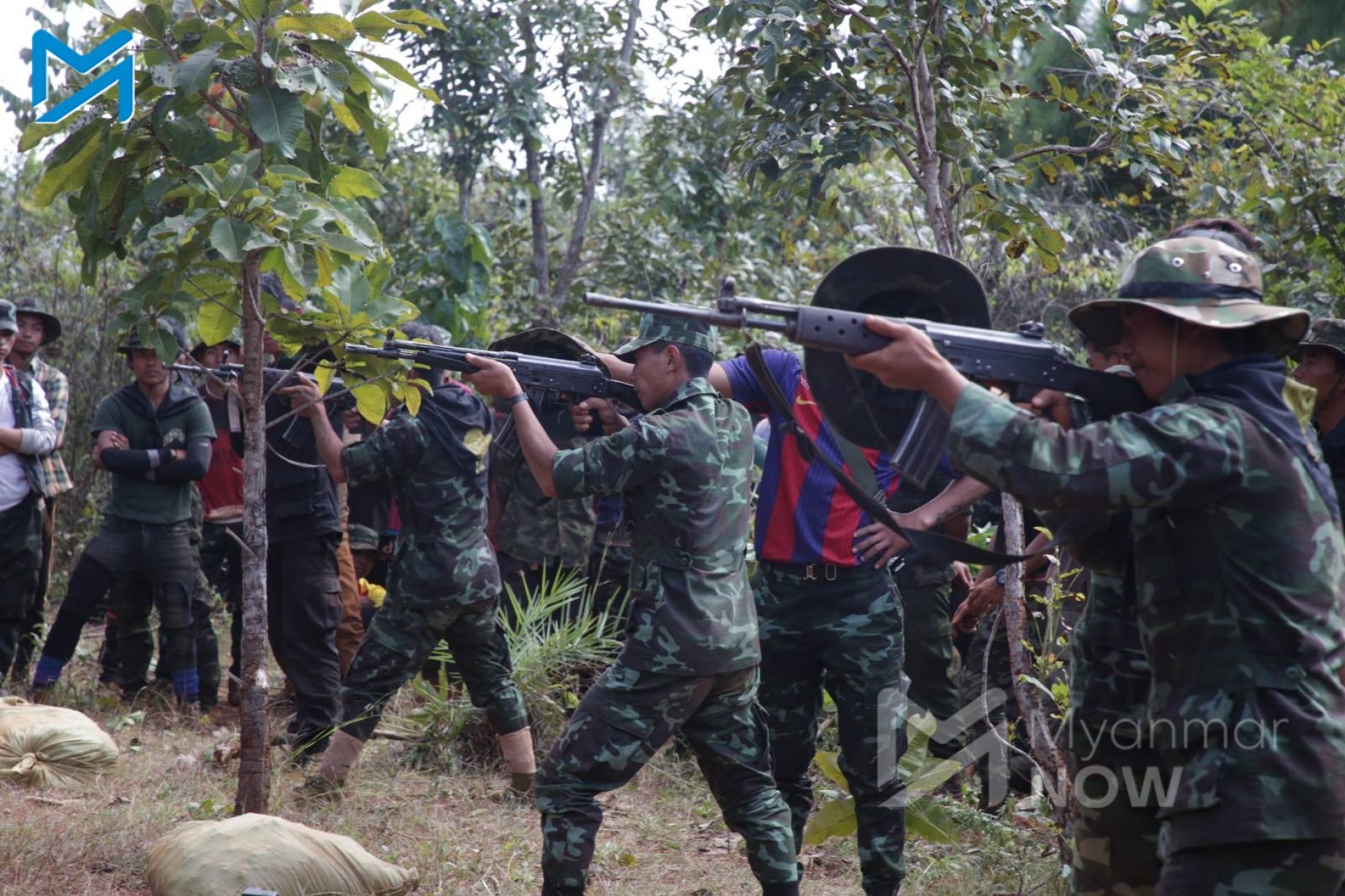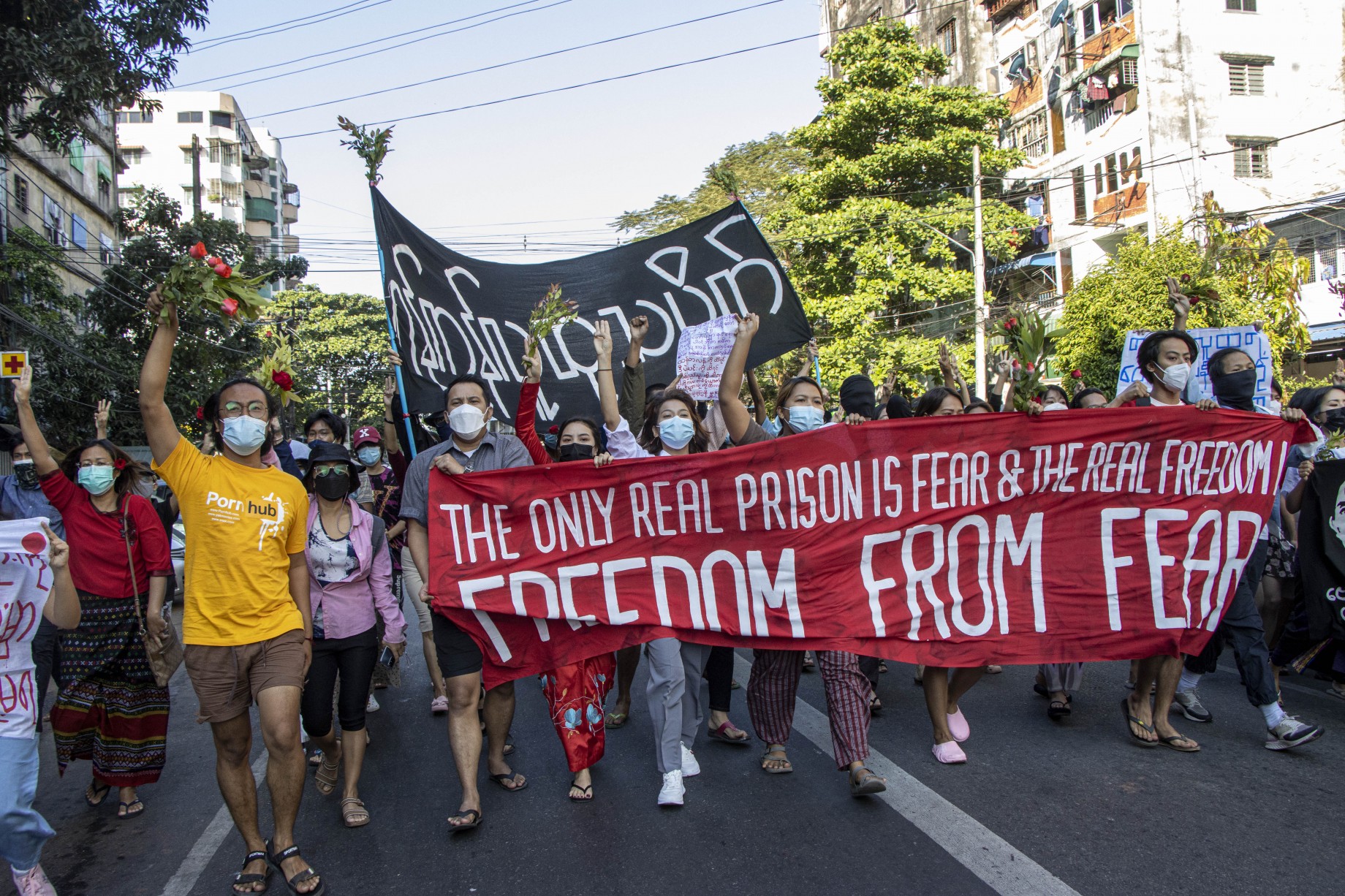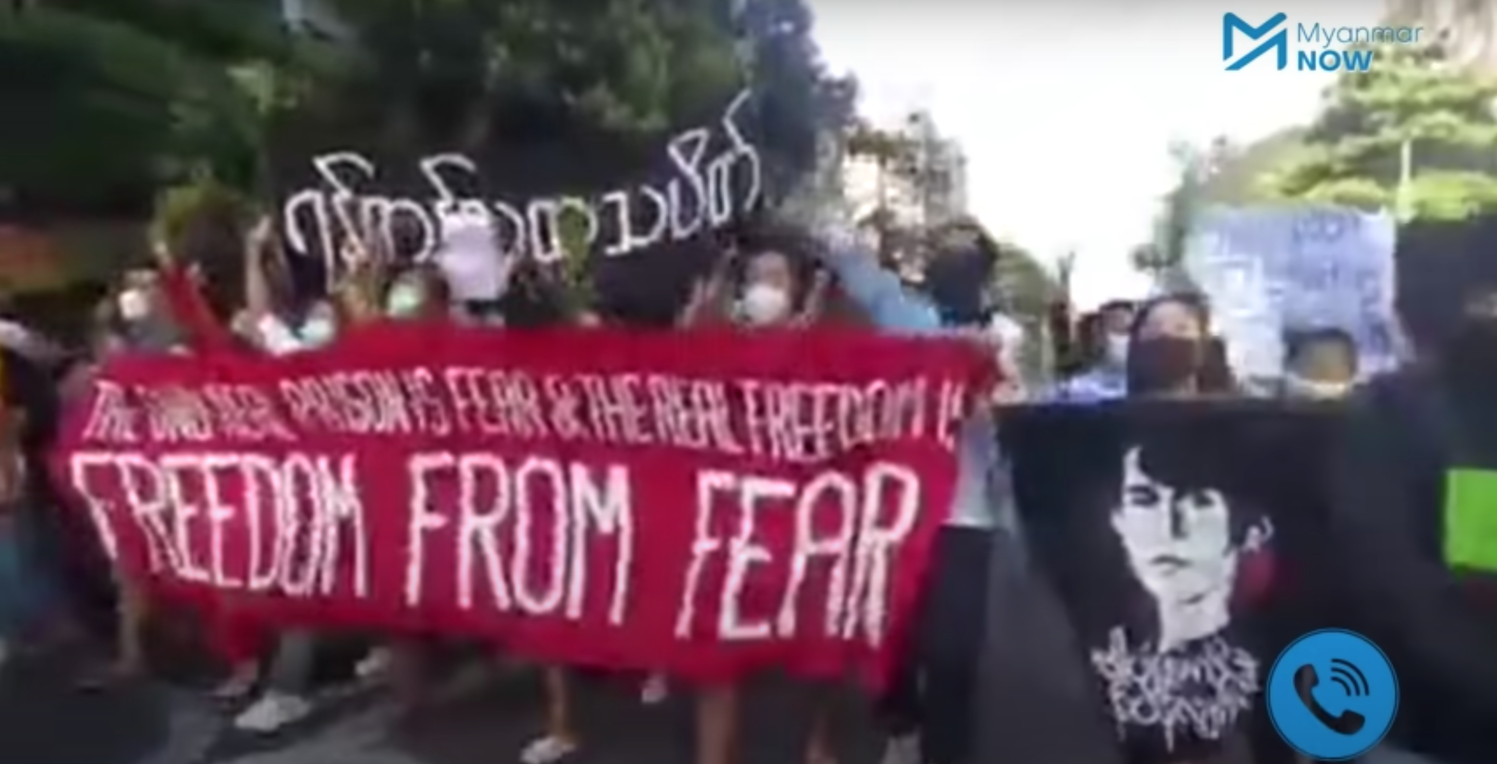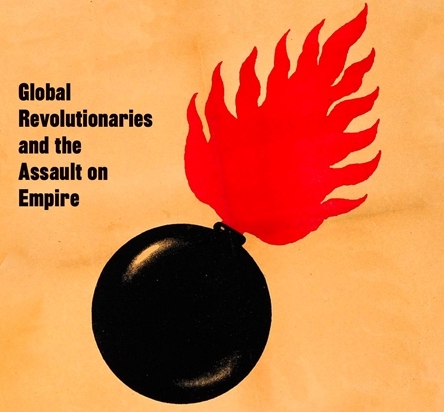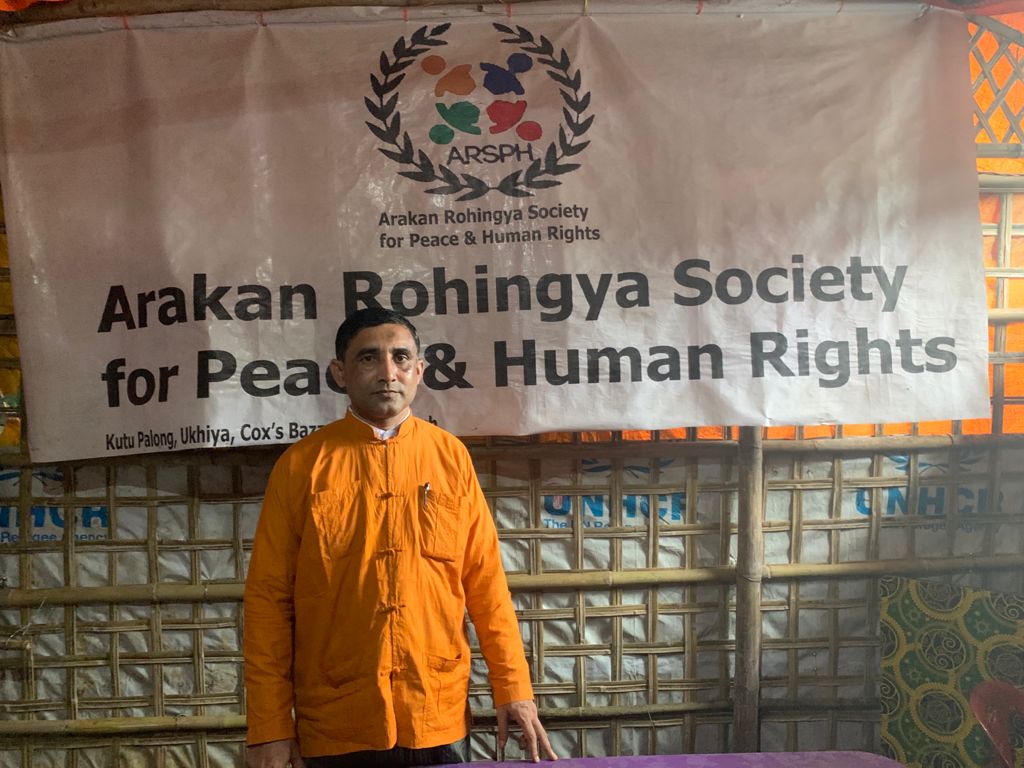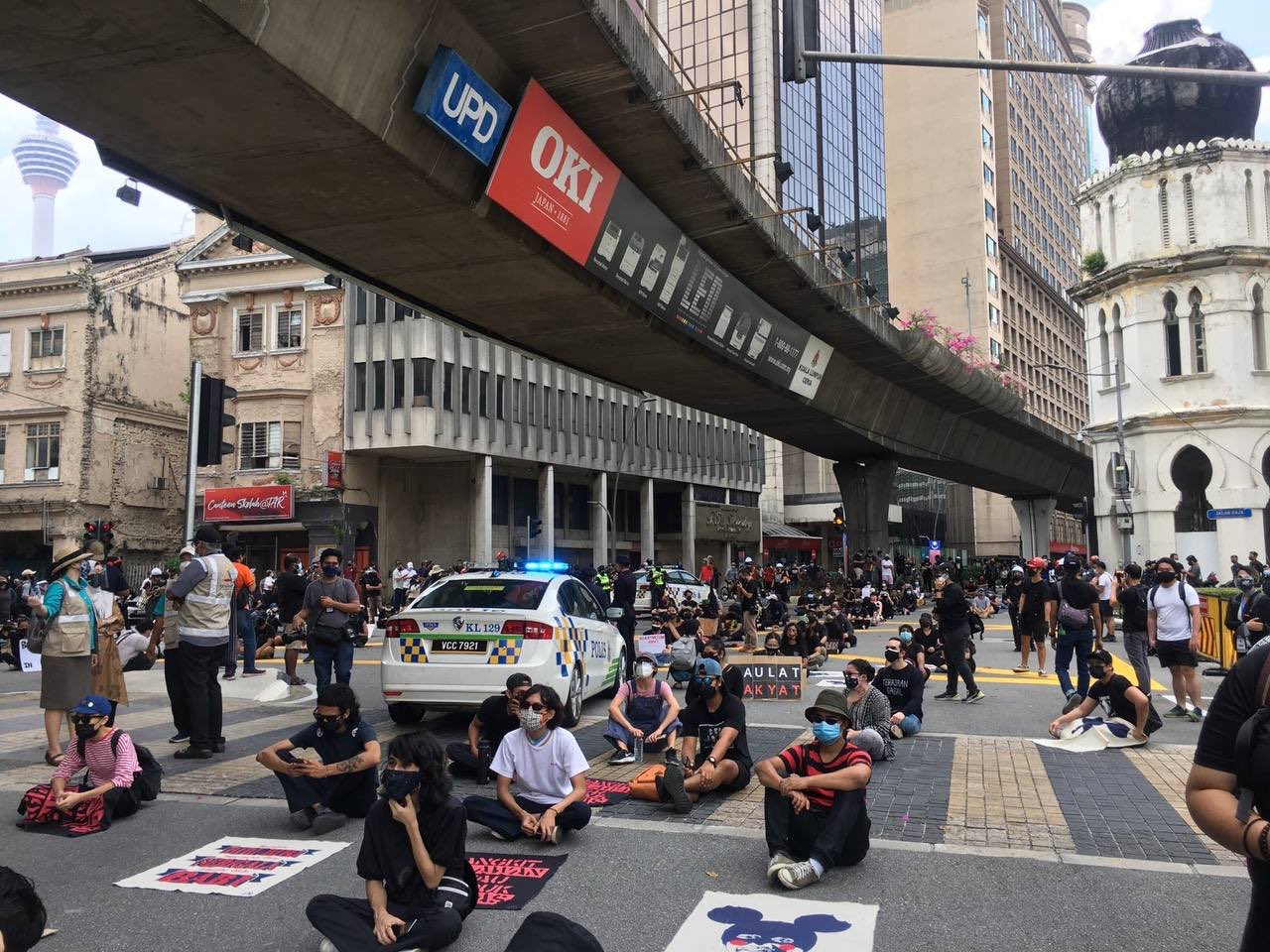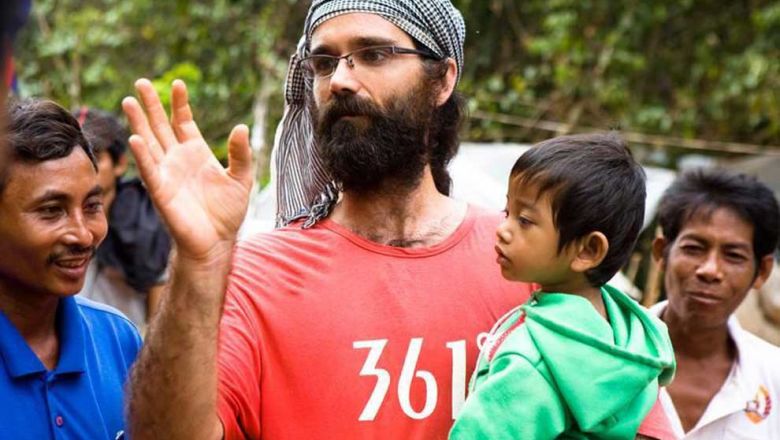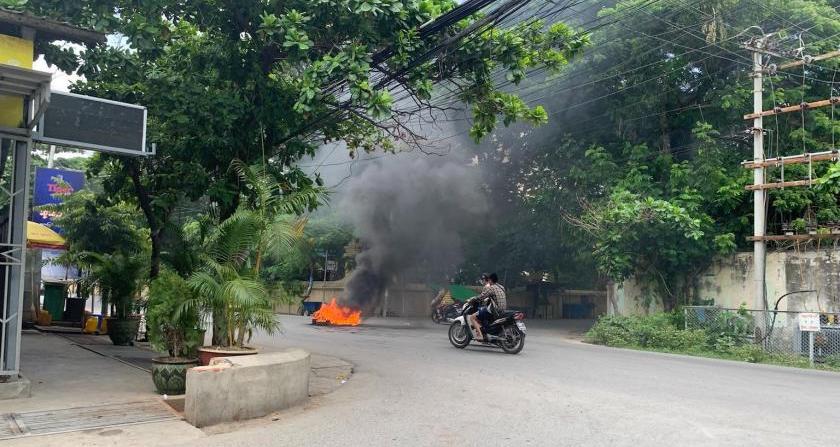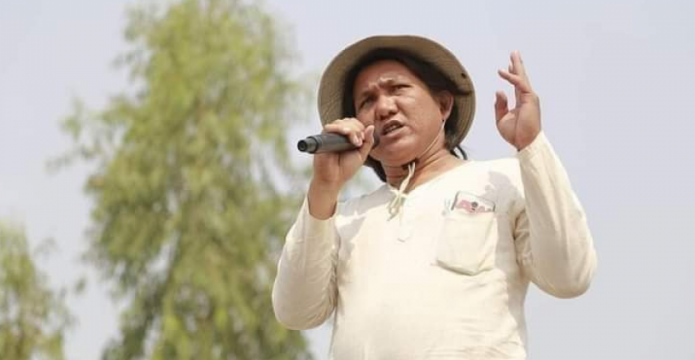Oceania
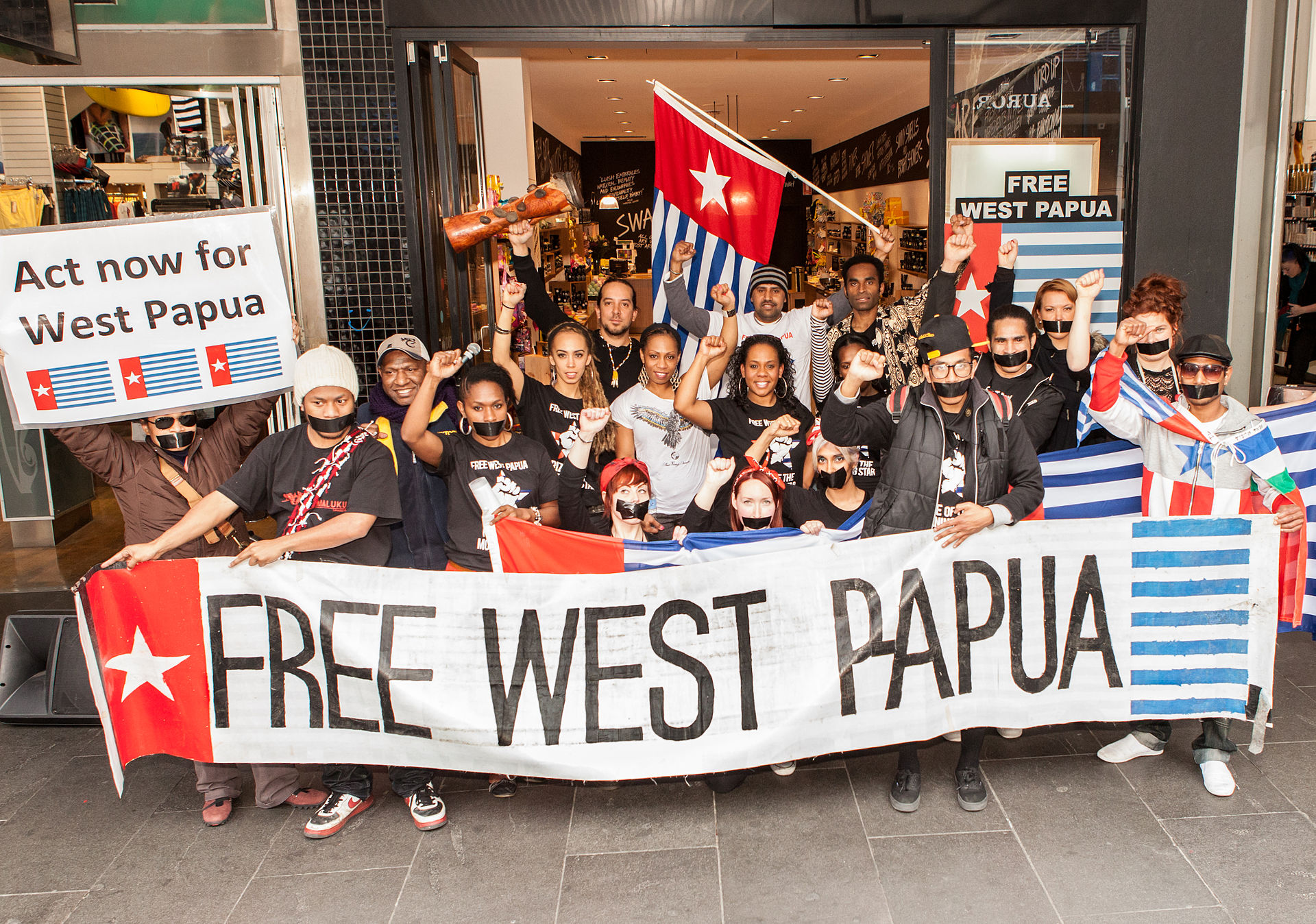
Indonesian police arrested eight Papuan university students on charges of treason for raising the banned “Morning Star” flag at a demonstration for the independence of the West Papua region. The demonstration took place in Jayapura, capital of Papua province. The region, comprising the contemporary provinces of Papua and West Papua, was liberated from Dutch colonial rule on Dec, 1, 1963 now considered by Papuans to be their “independence day.” Following a UN-sanctioned referendum, the region fell under Indonesian rule in 1969. But an independence movement rejects the referendum as illegitimate, and has adopted the flag as a symbol of West Papuan sovereignty. Independence activist Felip Karma served an 11-year sentence for raising the outlawed flag. (Photo of Melbourne protest via Wikipedia)
